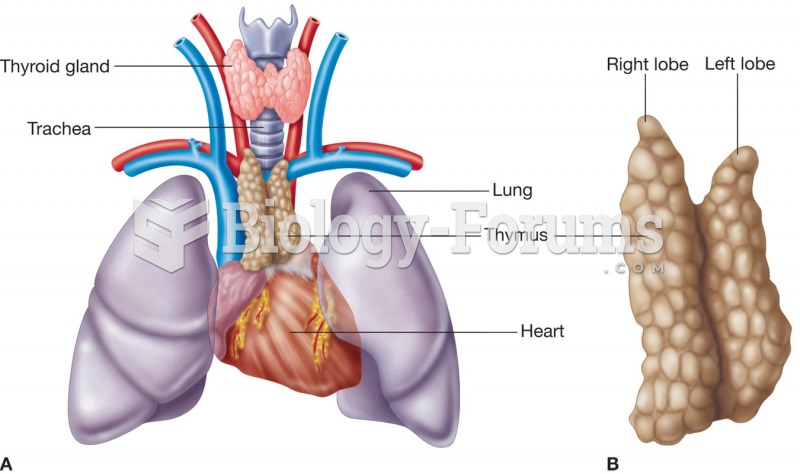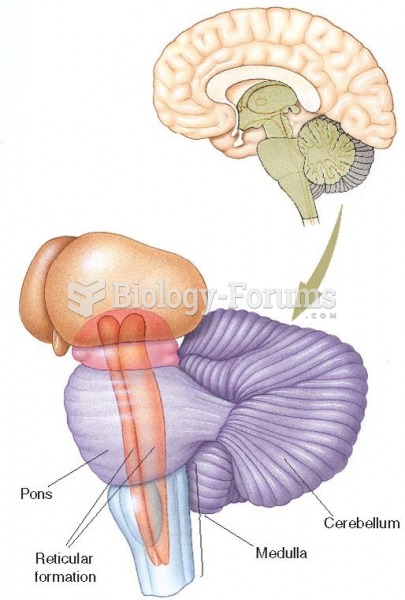Our past experiences are organized into schemas, abstract knowledge structures that are stored in memory and allow people to organize and interpret information about a given target of perception.
Oftentimes, such as in the case of a stereotype, schemas are dysfunctional. Sometimes, however, schemas can be functional. Which of the following is an example of a functional schema?
A) A male surgeon, assisting in the operating room, asks a female, who enters the operating room after he's gotten started, Nurse, would you please bring me a towel for my forehead? The woman replies, I'm sorry I'm late, I'm Dr. Yablonski, the lead surgeon for this surgery today. But I'd be happy to ask one of the nurses or interns to bring you a towel.
B) Three project managers at a computer programming firm tell their manager in a meeting that they do not assign any projects to the old guy who sits in the corner cubicle because he's probably not up-to-speed in many of the newer programming tools. Anyhow, one of them says, Dave Tellbar, whoever he is, finishes the projects we send to him very quickly and expertly. Dave Tellbar, says their manager with a smile, is the old guy in the corner cubicle.
C) Although their firm has an excellent reputation for quality printing and is much closer than the printer she does use, Cindy Matthews refuses to send her company's print jobs to the Mexican-American owned and operated printer down the street.
D) Jackson, an automotive mechanic, understands the way that most engines work and has developed an internal checklist for diagnosing problems that he encounters. Jackson has developed a reputation as a high-quality mechanic.
Question 2
What are the advantages and disadvantages of job enrichment? What are the research findings for job enrichment?
What will be an ideal response?







